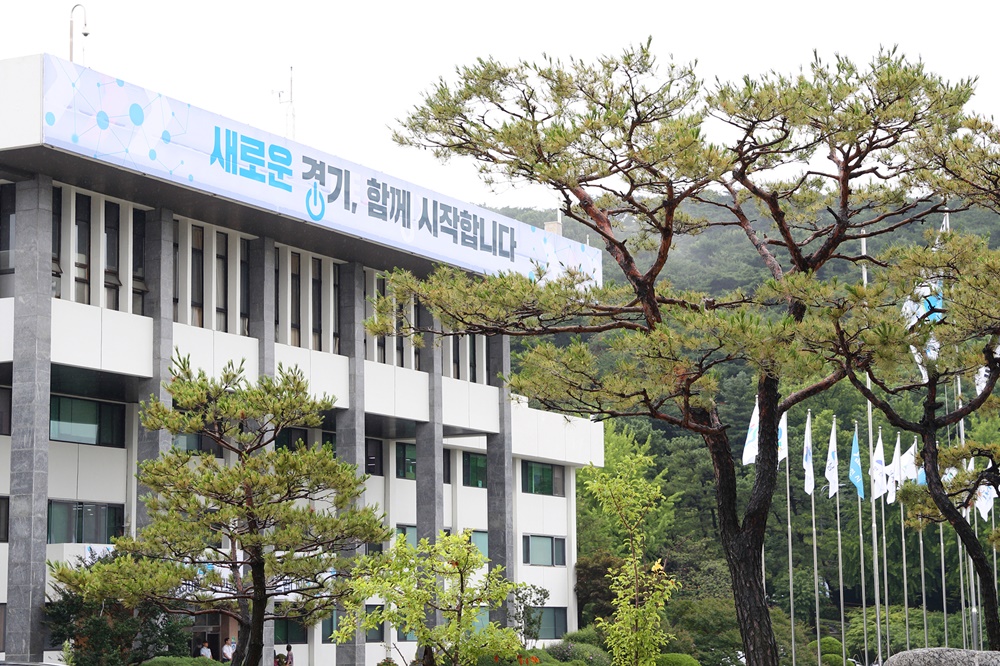Changes in Administrative Systems and Policies in Gyeonggi Province in 2H 2018
Createdd 2018-07-10 Hit 434
Contents

Here are some of the changes in the administrative systems and policies of Gyeonggi Province that take effect from July.
※ Policy changes effective only in Gyeonggi Province are indicated with “Gyeonggi” in parentheses at the end of the title.
▲ Urban Regeneration Approval Authority Transferred to Mayors of Large Cities (Gyeonggi)
Starting from July, the authority to approve urban regeneration plans has been transferred from the provincial governor to the mayors of large cities with at least 500 thousand residents. This authority will allow mayors to make swift decisions with autonomy in consideration of regional assets, history, culture, and characteristics as well as resident opinions, which will accelerate urban regeneration procedures. Gyeonggi Province will strengthen administrative and financial support for the urban regeneration projects promoted by each city in the province.
▲ Restrictions on Operating Old Diesel Vehicles (Gyeonggi)
Restrictions on operating old diesel vehicles enforced in Seoul have been expanded to Gyeonggi Province from July 1, targeting old diesel vehicles registered in 17 cities of the province including Suwon, Goyang, Seongnam and Bucheon. Accordingly, a penalty of up to KRW 2 million will be imposed on the drivers of old diesel vehicles weighing 2.5 tons or more that are not equipped with exhaust reduction devices and on cars rejected in the final vehicle inspections.
▲ Gyeonggi Province Extends the Regional Development Bond Purchase Exemption until End of 2018 (Gyeonggi)
Gyeonggi Province will extend the exemption of regional development bond purchase until the end of the year, so purchasers of cars with a displacement of 2,000 cc will not be required to buy local development bonds. However, non-commercial passenger cars with a purchase price of KRW 50 million or more are excluded from the exemption. In addition, if a person of national merit possesses two vehicles temporarily to replace a special needs vehicle, the number of owned vehicles is counted as one until 60 days after purchase and that individual is exempted from the obligation to purchase the bonds.
▲ Construction Cost Payment Check System to Be Launched (Gyeonggi)
The builders of projects ordered by Gyeonggi Province are required to use the Gyeonggi Province Payment Check System from the second half of the year. This system can be used to separately pay employer/contractors and workers, as well as equipment and material companies, while monitoring whether payments are made within due dates and protecting contractors by preventing the withdrawal of amounts greater than those distributed to each stakeholder of the contract.
▲ Expansion of Free Vaccination for Children (all regions)
From September 11, the beneficiaries of free influenza vaccination for children will be expanded from infants aged 6 to 59 months to all children under 12 years of age. Children in this age range can be vaccinated free of charge at community health centers or entrusted private medical institutions.
▲ Free Female Sanitary Products for Teenage Girls (all regions)
Starting from July, free female sanitary products will be provided to teenager girls aged 11 to 18 from families earning within 40% to 50% of the national median income or single-parent families protected by the Single-parent Family Support Act. The supply of products will be piloted in the form of an electronic voucher through the development of the National Happiness Card during the second half of the year, with a full introduction of the voucher slated to begin next year. Applications can be made at community service centers in each eup, myeon and dong.
| Prev | Do you know Gyeonggi Province? 1.Goyang |
|---|---|
| Next | Do you know Gyeonggi Province? 2.Paju |



















